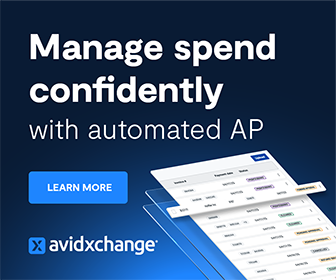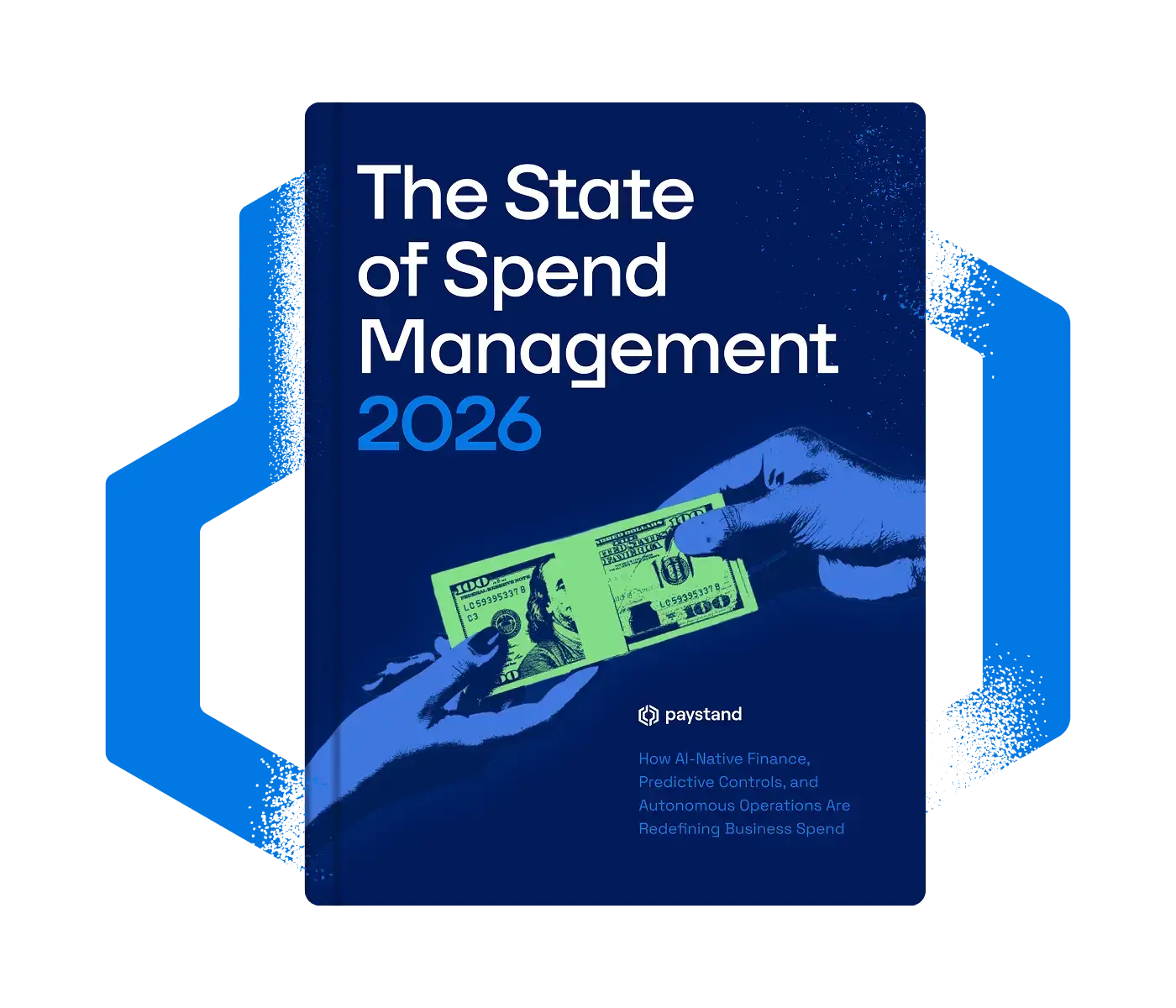The Controllers Council recently held a webcast panel discussion called CFO Future Focus to discuss the changes in Office of the CFO, sponsored by Oracle NetSuite. The panel featured Glenn Hopper, CFO of Sandline Global and author of a new book, Deep Finance: Corporate Finance in the Information Age, and Ranga Bodla, VP of Industry Marketing at Oracle NetSuite. The panel was moderated by Controllers Council Executive Director Neil Brown. The Premise of the new book is that the role of the CFO has transformed from that of a historical record keeper to a forward-looking strategist. While historical financial metrics will always be important to management and investors, new data science tools and methodologies can and should be applied to business data to extract greater value.
Following are questions and discourse for your reading enjoyment.
How has the CFO role changed in recent years?
There are the ideas that the CFO is a guy/girl who is just telling you that we don’t have a budget for this and how the company did in the past. The CFO must be able to talk to investors, clients, the board, etc. Bringing the CFO out of the background into the analyst role gives them a louder voiced, and this shift is starting to change the role of the CFO and making them more strategic. One, the CFO today is being asked to do more with more tools than they have ever had. Two, the CFO is viewed by the C-suite on how to balance the strategic and the tactical and being asked to give their perspective. There, the CFO is being viewed as a person to help advise.
What skills do CFOs need today that they haven’t needed previously?
The short answer to this question is all the analytics and data science tools that are being used by the rest of the company, because you are a numbers person and the expectation is that you are going to use those same skills and tools in the job that you are doing.
How has remote/hybrid/work-from-anywhere changed corporate finance?
The last two years really accelerated the move towards a work-from-anywhere/hybrid type environment, and what we have seen increasingly, we aren’t seeing a wholesale shift of companies going back, but we are seeing for the most part is a lot more companies moving towards a hybrid environment. The CFO cannot just pull up a conference room and work through a problem, so that has some impact on the change of corporate finance. Companies are now looking at hiring people for certain talents that will fit best, which has changed a lot of the supporting functions. A concern is on the operational side because everything is now cloud-based, which means employees are now trusting their security system more.
How is more technology handled within most organizations?
We increasingly see that it is not just that the CFO manages IT. The CFO’s the decision maker. They manage IT, they are making these decisions. They are the influencer for not just their own technology, but for the other supporting technologies as well. CFOs are able to leverage technology for a variety of different things, both for their own uses within their the finance office, but also within the broader organization. In the last two years, you have seen companies switch to cloud-based platforms, and you are seeing more CFOs seeking out because they need more flexibility. CFOs are looking to where they can drive efficiency, so another way you see more technology being handled is with automation. Another big thing that you are seeing more technology handled is with dashboards or metrics, KPIs and how to feed that dashboard in many cases.
How does the CFO fit in in the Org Structure with data, IT, analytics, strategy?
There is a shift where CFOs are not just making technology decisions or managing the IT department, but they are also owning it.
Why do you think that the CFO should be in so many areas that aren’t overtly tied to finance?
If the goal of the business is to provide maximum value to their shareholders, then everything that the business does is related to finance. So, whereas historically, it’s been about how you can report on what has happened in the past. And really then it’s just a matter of here’s our journal entries.
Thanks for perusing these provocative panel highlights. Take in the complete video archive here.
ABOUT THE SPONSOR
Oracle NetSuite is a cloud-based business management platform used by more than 28,000 organizations across the globe. NetSuite seamlessly integrates financial planning, accounts receivable, accounts payable, revenue recognition, tax management and other core accounting functions with real-time financial visibility to improve financial performance. To learn more, please visit www.netsuite.com to request a free product tour.




